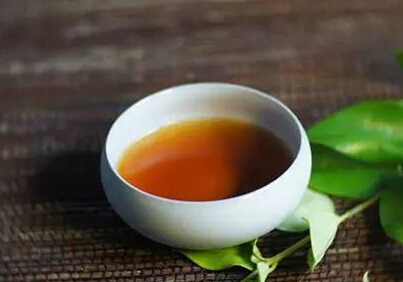
Drinking tea should be reasonable and scientific, which is common knowledge everyone should have. Uncontrolled tea drinking is not only wasteful but also harmful to health. The following ten commandments should be followed to enjoy tea healthily.
1. Do not drink tea before meals. Tea stimulates saliva, and drinking it before meals can dull your taste buds, affect digestion, and hinder nutrient absorption. It can also irritate the stomach, so those with stomach issues should stop drinking tea half an hour before meals.
2. Avoid tea after meals. Post-meal tea can reduce iron absorption. If the food contains phosphorus or calcium, it may combine with oxalate ions in tea, leading to stone formation. Wait at least half an hour after meals to drink tea, as it aids digestion.
3. Do not drink tea on an empty stomach, as it may cause "tea drunkenness." Drinking tea on an empty stomach dilutes gastric juices and reduces secretion. Tea is slightly acidic (pH 5-6), while gastric acid is stronger. The neutralization of alkaline substances can lower acidity. Tea's cold nature may cause palpitations, dizziness, or shivering, known as tea drunkenness.
4. Avoid overly hot tea. Tea that is too hot can irritate the throat, esophagus, and stomach. Long-term consumption of very hot tea may damage the stomach lining and lead to health issues. The ideal drinking temperature is around 50°C, not exceeding 70°C.
5. Do not drink cold tea for clarity and refreshment. Cold tea loses its aroma and develops a bitter taste. Tea left for over an hour oxidizes, and drinking cold tea can cause phlegm or cough due to its stagnant cold nature.
6. Do not take medicine with tea, as it may reduce efficacy. Tea contains dozens to hundreds of chemical compounds, which interact when brewed. Mixing tea with medication can alter the drug's effects and diminish its potency.
7. Avoid tea steeped multiple times. The first infusion extracts about 55% of soluble substances, the second 30%, the third 10%, and the fourth only 1-3%. Nutrients like vitamin C and amino acids are mostly extracted in the first two infusions, leaving little by the fourth.
8. Do not drink overnight tea. Tea left overnight becomes a breeding ground for bacteria and mold, losing its aroma and taste. Drinking it is unhealthy.
9. Avoid tea steeped too long. Over-steeping releases excessive caffeine, theophylline, and polyphenols, making the tea too strong. It also loses its aroma and nutrients like vitamin C and amino acids.
10. Do not drink overly strong tea. Strong tea contains high levels of caffeine and other stimulants, which can harm the stomach, kidneys, and cause insomnia or headaches. People with hypertension, stomach issues, anemia, or heart conditions should avoid it.